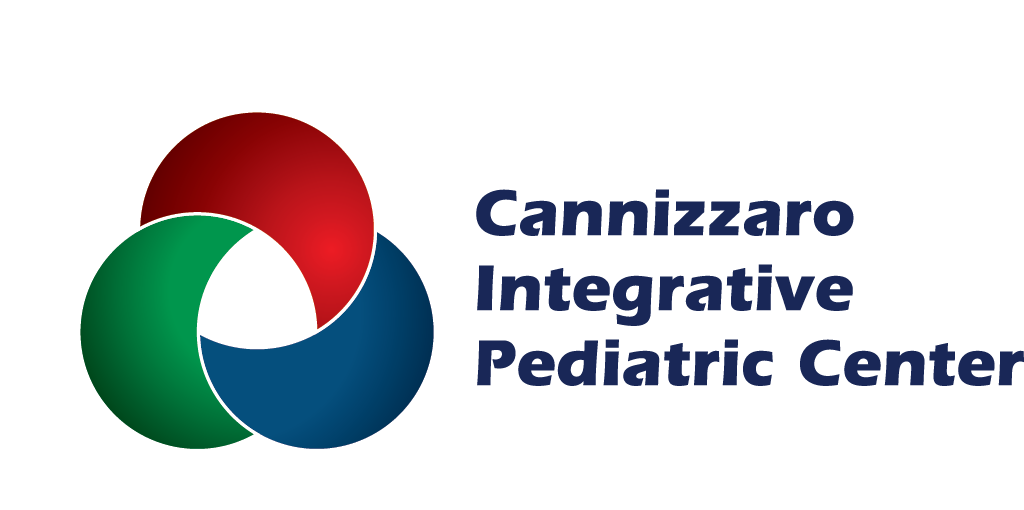
Postpartum depression painfully eclipses the joy and fulfillment of motherhood. Not every mother faces the depths of a severe case, but many experience the scary fringes of this affliction. Here we present a bit of psychoeducation on the topic. Educating yourself about postpartum depression allows you to work more effectively with your health care team and ultimately feel better!
What is Peripartum Depression?
You may have heard the word, “postpartum,” meaning “after childbirth,” but you may not be as familiar with the term, “peripartum,” which refers to the time before labor and delivery. Peripartum depression is a condition acknowledged by doctors and researchers. A woman may begin to feel the same symptoms of postpartum depression before giving birth—symptoms like depression, sadness, anxiety and despair.
A pregnant woman’s hormones spike and dip as her body begins to prepare for life with a newborn. These changes impact other hormones and neurotransmitters like serotonin. Plus, overall discomfort and nighttime baby gymnastics cause sleep deprivation, making—well, everything—even more challenging. Just know that every woman is different, and postpartum-like symptoms may show up earlier. Also know that even if your sonograms look great, amid this physical tumult, you may worry if your baby is healthy. There’s a bit of holding your breath until you hold your baby . . . some anxiety is completely normal.
Your First Line of Defense Against Postpartum Depression: Your OB-GYN
Not every mother is going to have a therapist, but she will have an OB-GYN. Her first line of defense is her doctor. Doctors check in with their patients and ask screening questions to assess a patient’s mental health. They’ll know when to ask more questions or recommend a medication or a therapist. Your doctor’s office isn’t the place to “tough it out” or downplay your symptoms . . . tell your doctor how you’re really feeling so you can get the most appropriate care.
As a first line treatment, the American Psychological Association’s guidelines recommend treating mild depression and anxiety with psychotherapy (without medication) for breastfeeding women. An antidepressant medication may be considered for women with moderate or severe depression or anxiety.
Common Postpartum Depression Symptoms
- Feelings of sadness or a depressed mood
- Loss of interest in pleasurable activities
- Changes in appetite, trouble sleeping or loss of energy associated with depression and feelings of worthlessness
- Lack of concentration or inability to make decisions
Then there are the symptoms that women have a hard time opening up about: crying for no reason, feeling guilty about being a bad mother, thoughts of death and suicide, lack of interest in the baby or fear of harming the baby
Be honest with your doctor and/or therapist. They are there for help and support, not to judge. This is also much easier when you have a pediatrician and personal doctors who align with your needs and with how you want you and your family to be treated medically—with conventional means, holistic methods or a combination.
Resources for Postpartum Support
There is no need to suffer in isolation; however, reaching out for any kind of support requires you to be honest with yourself. You must acknowledge your fear of judgement or not fitting in. It also requires “doing it scared,” which means ignoring these fears until you finally realize (with relief) that you’re not the only one feeling that way.
Old-School Resource for Postpartum Support
The local library—what an antiquity! However, libraries still host themed programs and groups—and they’re usually free! Look at your local library’s website and find groups of moms getting together with their kids, like story time. You’ll meet other moms and find camradery there—it may as well be considered group counseling!
Hospital Resources
Many hospitals offer lactation assistance and host other groups and classes. Ask your OB-GYN.
Online Resources
Finally, turn to online resources for support. A search on Facebook or Meetup will reveal a plethora of groups. Choose one that resonates with you. For best results, find one that meets in person!
Good Advice You’ve Heard Before and Will Be Tempted to Ignore
Maybe you’ve heard all this before. But sometimes you need to hear it again while looking through the lens of your current circumstances. These tips can apply to many seasons of your life; that’s why it’s good advice!
Mind the Stuff Going Around in Your Mind
As women we can be too hard on ourselves; however, a proper postpartum mindset is essential. For example, focus on the miracle you just birthed instead of the judge-y post on Facebook making you doubt your mothering abilities. And don’t expect to get your pre-baby body back right away. Not only does your uterus need to get back into shape, but you may have pain from stitches or breastfeeding, on top of feeling tired and depleted AND trying not to overdo it—doctor’s orders!
This would make anyone feel grumpy! Take it easy on yourself. Don’t beat yourself up mentally. Your mind might be telling you that you’re supposed to be happy because everyone around you is so happy about the baby. You’ve gone through a lot of changes. You’ve just created a human. Tell yourself you’re doing a darn good job. Every. Single. Day.
Sleep When the Baby Is Sleeping
Don’t do laundry; that can wait and it’s more important for you to get some rest. Take a power nap. If you have an energetic toddler or other littles who might not want to sleep, introduce them to the wonders of “downtime.” Put on soothing music and read a book together. It’s even possible to eventually get your kids on the same schedule when you outthink them. 😊
Roll with the Crazy Moments
Things are going to happen; that’s life. If you’re nursing the baby and your toddler spills juice or an entire bag of cheese doodles all over the floor, give yourself permission to take care of it later. Take a pic, text it to other moms with a bunch of emojis and laugh with your friends.
Build Your Own Village
No matter what your family looks like, you’re not on your own! Build a support system that provides what you need, whether you’re a single parent, have a child on the spectrum, a blended family or any other combination of life circumstances. Work with your pediatrician or a social worker to recommend resources which will—no surprises here—connect you to other moms who are going through the same thing.
Pick friends and family members who will not be intrusive or judgmental to be the sounding boards you’ll undoubtedly need! Other parents with similarly aged kids will become your network and the “village” you can turn to once your child starts school and all the activities that come with that!
Beware of the Supermom Myth
There are good things and bad things about Western culture, specifically as it applies to the United States. We are a very individualistic country. We value independence and self-sufficiency. Many moms feel “less than” and/or guilty if they show that they need help or have the blues. They don’t talk to anyone, and then they feel alone. This has a domino effect that results in mental isolation.
In other parts of the world, multiple generations live under one roof. Therefore, mothers tend to have more support. They may also have an antagonistic mother-in-law to contend with on the daily, but you get the point. There’s a balance, and we in the West tend to judge ourselves too harshly. This isn’t limited to motherhood; entrepreneurs will tell you how lonely that journey can be and how frequently they succumb to “imposter syndrome” UNTIL they communicate with other business owners and realize they’re not the only one. It’s extremely helpful to identify this phenomenon so that you can give up struggling silently as a mom. That’s why seeking out support and creating your own inner circle is so important for the postpartum period and beyond.
It might help to keep in mind that postpartum struggles represent a season with an end date. Human beings are resilient, but sometimes that’s hard to remember that when we’re in the throes of pain and distress. When something has an end date, it’s more bearable. Keeping that mindset will help you look ahead and give you a sense of hope to get through tough times of any season!

Special thanks to Diana Shaw, Ed.S, LMHC for her help with this article. Diana is a neighbor to CIPC and The Salt Room Longwood. Her practice, Chaos Solutions Counseling, LLC, is located in our building. She specializes in integrated wellness (mental, emotional, social, spiritual, intellectual and vocational). Diana helps her clients (ages 3 +) have a better understanding of themselves to better work through such challenges as anxiety, depression and grief. She joins them on their journey as she teaches them tools to add to their toolbox of life. Diana lives in the Orlando area with her husband and four daughters. Call 407-708-9012 for appointments. Follow her Facebook page here: https://www.facebook.com/ChaosSolutionsCounseling/
Other Resources:
https://www.goodhousekeeping.com/life/parenting/a30657091/postpartum-care/





